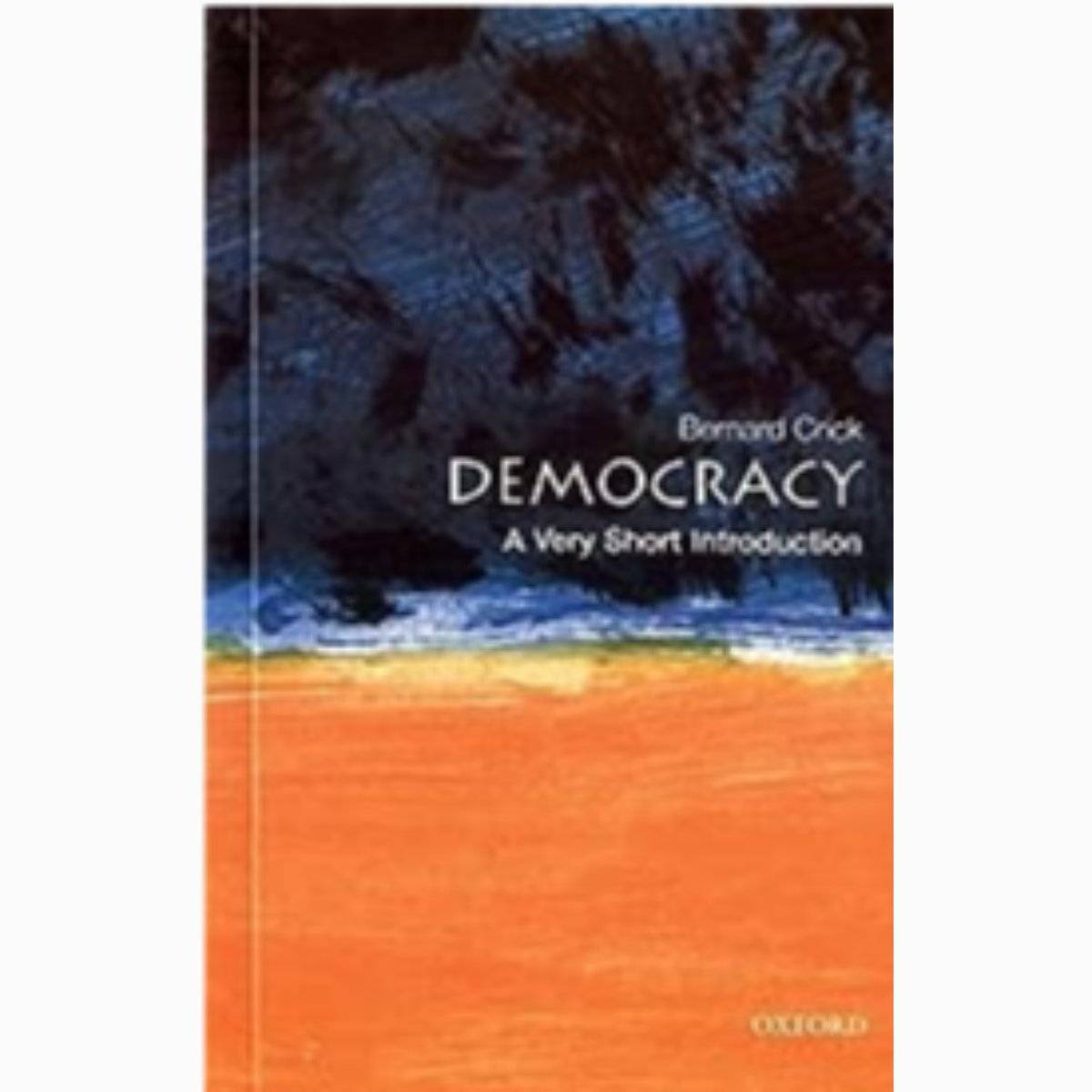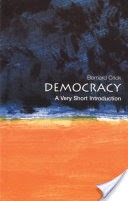
The book first takes a historical approach looking at principles and institutions we might wish to call democratic from the Greeks and Romans, then skipping down to the 17th century and through the American and French Revolutions. In the 19th and 20th century he looks at the differences between popularist and liberal democracy. Since it was published in 2002, the book doesn't have much to say about the 21st century. ⬇



















